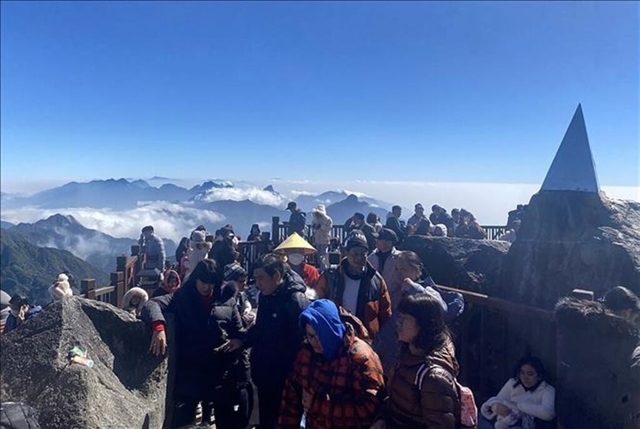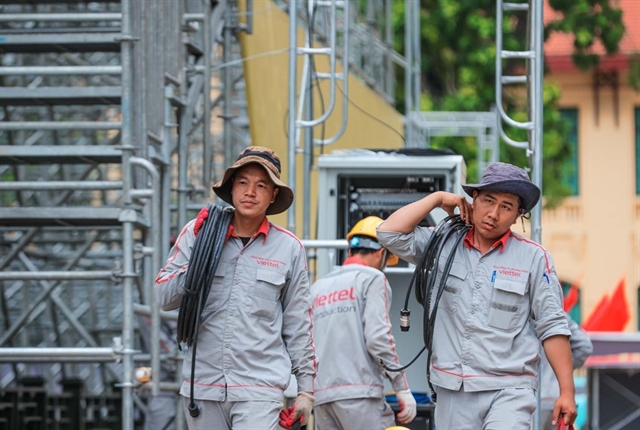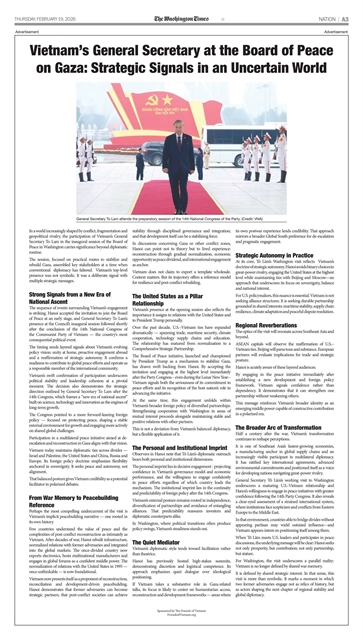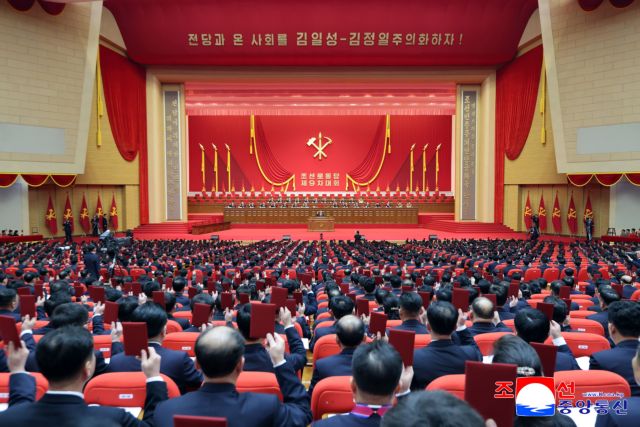 Politics & Law
Politics & Law

The capital flow from the US is expected to open up a new chapter in investment co-operation with Việt Nam, according to Đầu tư (Investment) newspaper.
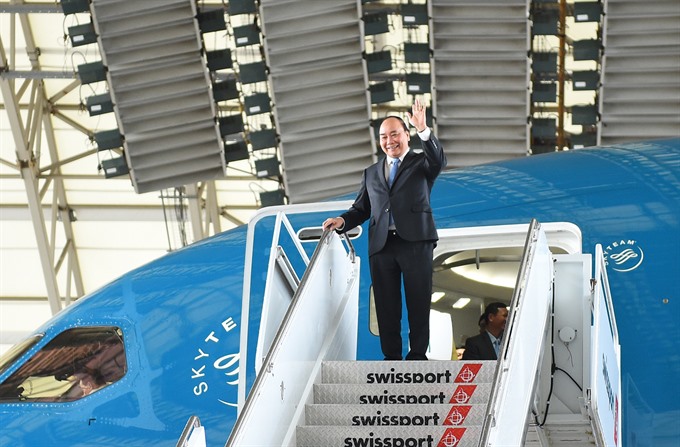 |
| Photo VGP/Quang Hiếu |
HÀ NỘI – Capital flow from the US is expected to open up a new chapter in investment co-operation with Việt Nam, according to Đầu tư (Vietnam Investment Review) newspaper.
Ahead of Prime Minister Nguyễn Xuân Phúc’s visit to the US from May 29-31, Jabil Circuit Inc., a major American technology corporation, had commenced the construction of a new manufacturing workshop at the Saigon Hi-tech Park (SHTP).
Jabil started operation at the SHTP from September 2007, specialising in the production of electronics and equipment for information technology and telecommunication with an initial capital of only US$30 million. However, in 2011, the corporation decided to increase investment to $100 million.
In 2015, Jabil once again announced that it would expand investment in Việt Nam, focusing on the field of high technology.
“Since we began operations in Việt Nam ten years ago, we have been on a consistent growth trajectory. We are currently operating at maximum capacity, and this expansion is central to our growth strategy. Besides positioning us well for future growth, it also reflects our continued commitment to develop and invest in Việt Nam,” said Vijay Chinnasami, senior vice president of electronic manufacturing services (EMS) operations at Jabil.
Jabil is among US investors to pledge long-term operations in Việt Nam. Other US big investment projects include the Hồ Tràm Strip, with a total registered capital of $4.2 billion being carried out in southern Bà Rịa – Vũng Tàu province.
Minister of Planning and Investment Nguyễn Chí Dũng repeated big names like Intel, GE, Boeing, Coca-Cola, Nike, Microsoft, Citi Group, P&G and Mobil, while highlighting the significant contributions of US investors to the renewal, integration and economic development of Việt Nam.
As of May 20 this year, the US counted 838 investment projects worth over $10.2 billion in Việt Nam. The US ranks ninth among countries and territories investing in Việt Nam.
A series of US businesses like Nike, Adidas, Intel and Microchip plan to shift production to Việt Nam, while ExxonMobil – a major US oil and gas group – is preparing for the Blue Whale project to bring gas onshore, with a committed capital of nearly $10 billion.
At recent workshops on Việt Nam-US prospects in 2017 and beyond in Hà Nội and HCM City, a large number of US companies affirmed their plans to increase investment in Việt Nam.
“We are working to find concrete ways to strengthen the bilateral trading relationships, including the possibility of a bilateral free trade agreement, in order to support economic growth in both countries,” said Tami Overby, senior vice president for Asia of the US Chamber of Commerce (Amcham).
Meanwhile, AmCham Executive Director Adam Sitkoff expressed his confidence in the upward growth trend of trade and investment relations between Vietnam and the US.
“AmCham supports a path towards a US-Việt Nam free trade agreement, which would help increase bilateral trade and investment, and which would create wealth and job opportunities for people in both countries,” he said.
Minister Dũng said the ongoing visit to the US by Prime Minister Phúc held a significant meaning to elevate the bilateral comprehensive partnership to a new height.
"This is an excellent opportunity for Vietnam to boost trade and investment relations with the US", he said, adding that 80-90 Vietnamese businesses are accompanying the PM to seek new cooperation agreements.
The two countries’ leaders are scheduled to hold talks to discuss measures to promote the bilateral comprehensive partnership, especially in the fields of politics, external affairs, economics and trade.
Vice President of AmCham Michael Kelly told Đầu tư (Investment) reporters that the US business community was much awaiting the PM’s visit.
“My experiences suggest that the Vietnamese Government is committed to implementing reforms and supporting American and Vietnamese business operations. I have received reassurances that there would be a level playing field for US investments in Việt Nam as part of a mutually beneficial trade relationship.” — VNS

